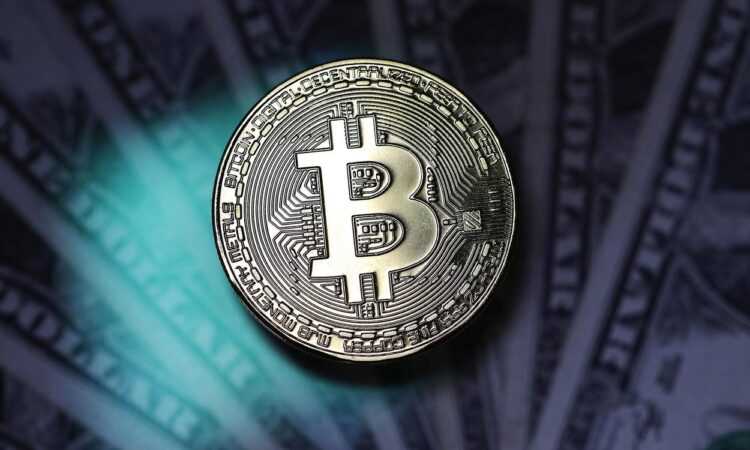
Bitcoin continues to play a prominent role in U.S. policy debates
Cryptoassets continue to make headlines and generate controversy as the 2024 Presidential race continues to escalate and heat up. In addition to candidates rapidly turning to and embracing the crypto industry – former President Trump is accepting crypto contributions and the Biden White House recent overtures to the industry – legislative efforts have accelerated. Congress, after years of inaction and deferring virtually all decision-making to U.S. regulators such as the IRS and SEC, has moved in a bipartisan manner seeking to address the issues facing the cryptoasset space. These efforts continue, even in face of the White House vetoing an effort to repeal SAB 121 that attracted bipartisan support in both houses of Congress.
In June 2024 however, the efforts and overtures made to the cryptoasset sector took another dramatic turn. In comments made while, and after, meeting with leading bitcoin mining organizations located in the United States, former President Trump stated his desire to have all remaining bitcoin mined in the U.S. The latest in a slew of rapid comments and pivots to a more pro-crypto position by the former President has raised questions as to 1) whether or not such a goal is even remotely possible, and 2) even if not, what the implications of such efforts might be.
Let’s take a look at a few specific ways that greater interest and investment in U.S. bitcoin mining can have a significant impact on the wider crypto market.
Mining All Bitcoin In The U.S. Will Not Happen
As appealing as it might sound to some to centralize the mining – and by extension the hashing and computing power behind it – in the United States, the likelihood of this occurring is relatively small. According to research by 3iQ the U.S. currently boasts the highest hash rate of a single nation at 38%. Achieving 100% of the global hash rate is logistically impossible, given the globally decentralized nature of the bitcoin blockchain, which is also a key strength of the cryptoasset since it gives it freedom from being the control of any one government.
In addition the U.S. was the primary beneficiary, in terms of hash rate, from the ban of crypto mining enacted by China in 2021. With research by Coingecko indicating that the total supply of bitcoin (21 million) is set to be mined by the year 2140, meaning that approximately 90% of the supply has been mined based on current hash rates, the cost and logistics and mining all remaining bitcoin exclusively in the U.S. is prohibitive. That said, there are other ways that this renewed (and positive) focus on bitcoin mining can benefit U.S. policy decisions.
Crypto Can Drive A Reimagined Grid
The conversation and debate around the U.S. energy grid has been a contentious one with supporters of fossil fuels and renewable energy sources finding little common ground with which to drive policy conversations. A focus on bitcoin mining, and support for cryptoassets more broadly, necessitates a more objective conversation about U.S. energy infrastructure and policy.
Specifically, and keeping in mind the goal to increase the percentage of hashing power available to U.S. miners, the U.S. would need to explicitly focus on increasing both energy production and energy exports. Infrastructure spending that would flow from this focus would include ramping up fossil fuel production, LNG terminals, expanding existing renewable energy projects, and most likely an uptick in nuclear power plants. Combined together these efforts would, via steadily increasing supply, reduce the single largest cost for miners (electricity) while allowing a more objective and level-headed basis for increased diversification of U.S. energy supply and grid management.
Bitcoin Debates Will Lead To Greater Crypto Innovation
While the debates around cryptoassets continue to center around the development and role of bitcoin in the marketplace the fact remains that the crypto sector has emerged far beyond bitcoin issues. Stablecoins, products and services marketed by some of the largest TradFi institutions in the world, nation-states actively buying and establishing strategic bitcoin reserves, and the potential for central bank digital currencies (CBDCs) have all ascended to dominant places in policy debates. As this occurs, however, it remains important for policymakers to write and debate policy actions that foster innovation while safeguarding privacy and investor protection.
By bringing crypto to the forefront of the 2024 Presidential race, both candidates have highlighted the increasingly important role that these assets will play moving forward. Put simply, and especially as it relates to stablecoins, these instruments will form the future state for how dollar-based transactions and payments are conducted, even if within the U.S. the media conversation remains centered around bitcoin and bitcoin-adjacent issues.
Regardless of how these conversations have been stated, a vigorous discourse and analysis of the role that crypto will play is a conversation worth having.






